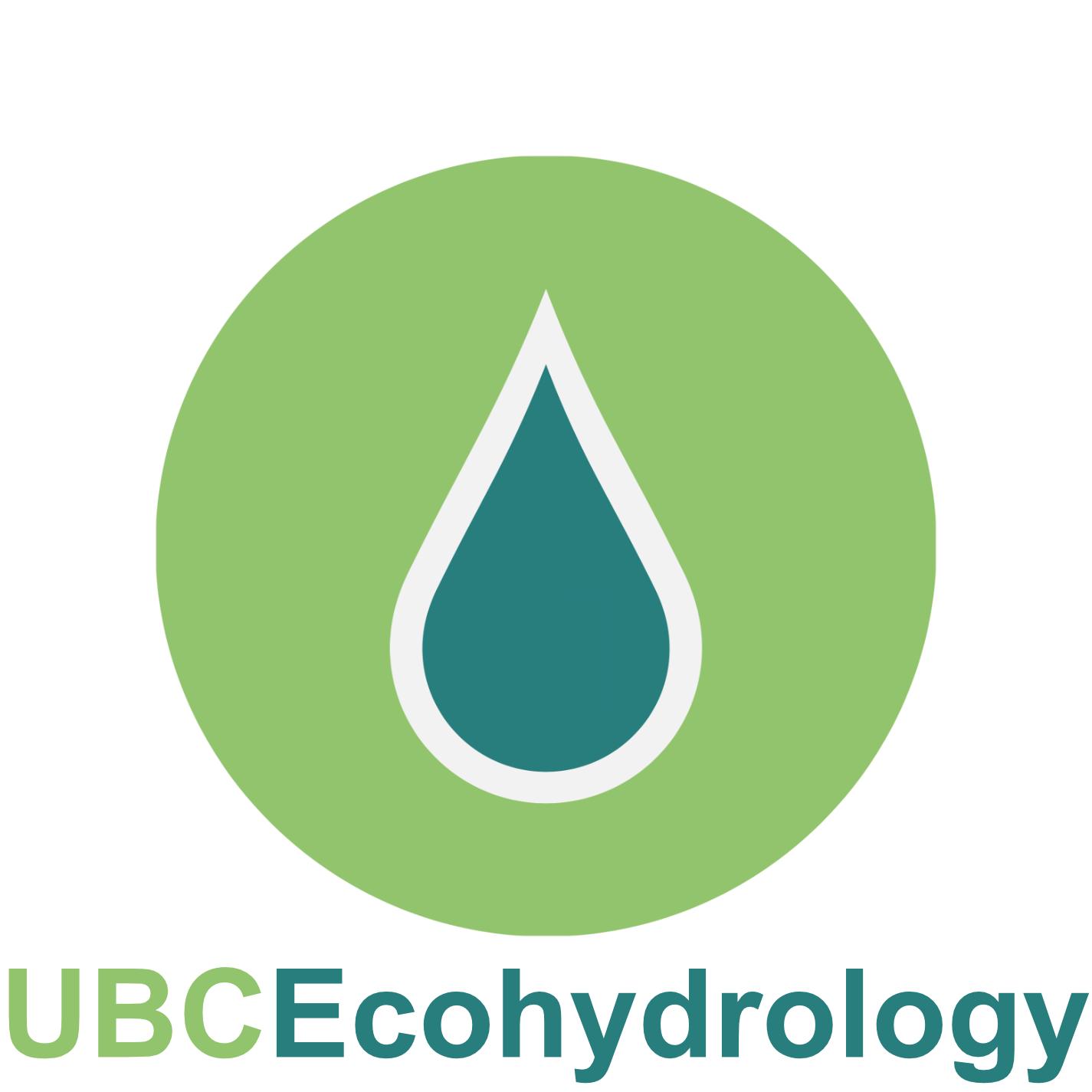
forWater Research
forWater is a transdisciplinary NSERC Strategic Network that investigates effects of forest management on water treatability for drinking water.
Drinking water is one of society's most critical needs, and delivery of safe drinking water is a strategic priority around the world. Natural disturbances and extreme weather events like hurricanes, floods, and wildfires pose new risks in a changing climate.
The forWater Network contributes to critical new knowledge and technologies needed to adapt to climate change and build resilient, adaptive communities. It does this by connecting the diverse knowledge of vast disciplines including: water quality and treatment, hydrology, forest management, and resource economics.
— forWater network
Dr. Mark Johnson leads the Pacific Maritime Node, one of five regional nodes that make up the Watershed Science Theme. This node also includes Dr. Bill Floyd, Dr. Suzanne Tank, and their respective research groups.
This research is conducted in coastal regions of British Columbia, where the hydrological regime is generally rain-donimated, vegetation consists mainly of large conifers, and forest disturbances include wildfire, clear cutting, and other forest management activity.
Research projects
Storm response of dissolved organic matter in clear cut and forested headwater streams
In this project, we looked at the effects of storm flow and land use history (i.e. clear cutting) on water treatability for headwater streams in Malcolm Knapp Research Forest.
We assessed water treatability through characterization of dissolved organic matter (DOM) using high frequency in-stream water quality sensors and grab samples of additional sites during base flow and storm flow.
Lead collaborator: Emily Mistick
Characterization of dissolved organic carbon using passive storm water samplers
For catchments on Vancouver Island, we measured dissolved organic carbon (DOC) during storms and investigated forest management implications for the Capital Regional District.
Lead collaborator: Hannah McSorely
Ongoing research at Malcolm Knapp Research Forest (MKRF)
forWater research in MKRF is ongoing.
Lead: Tracy Wang






